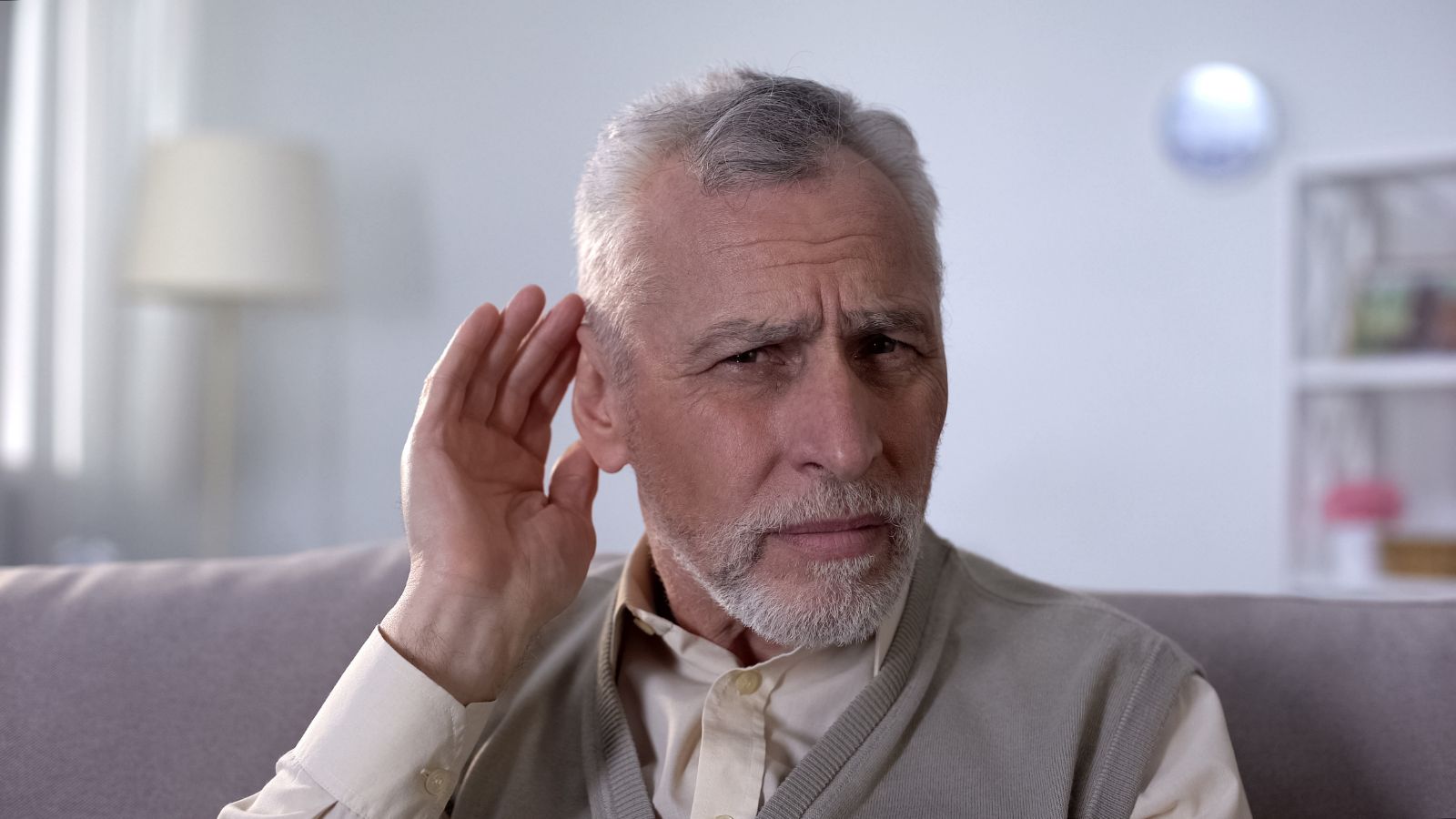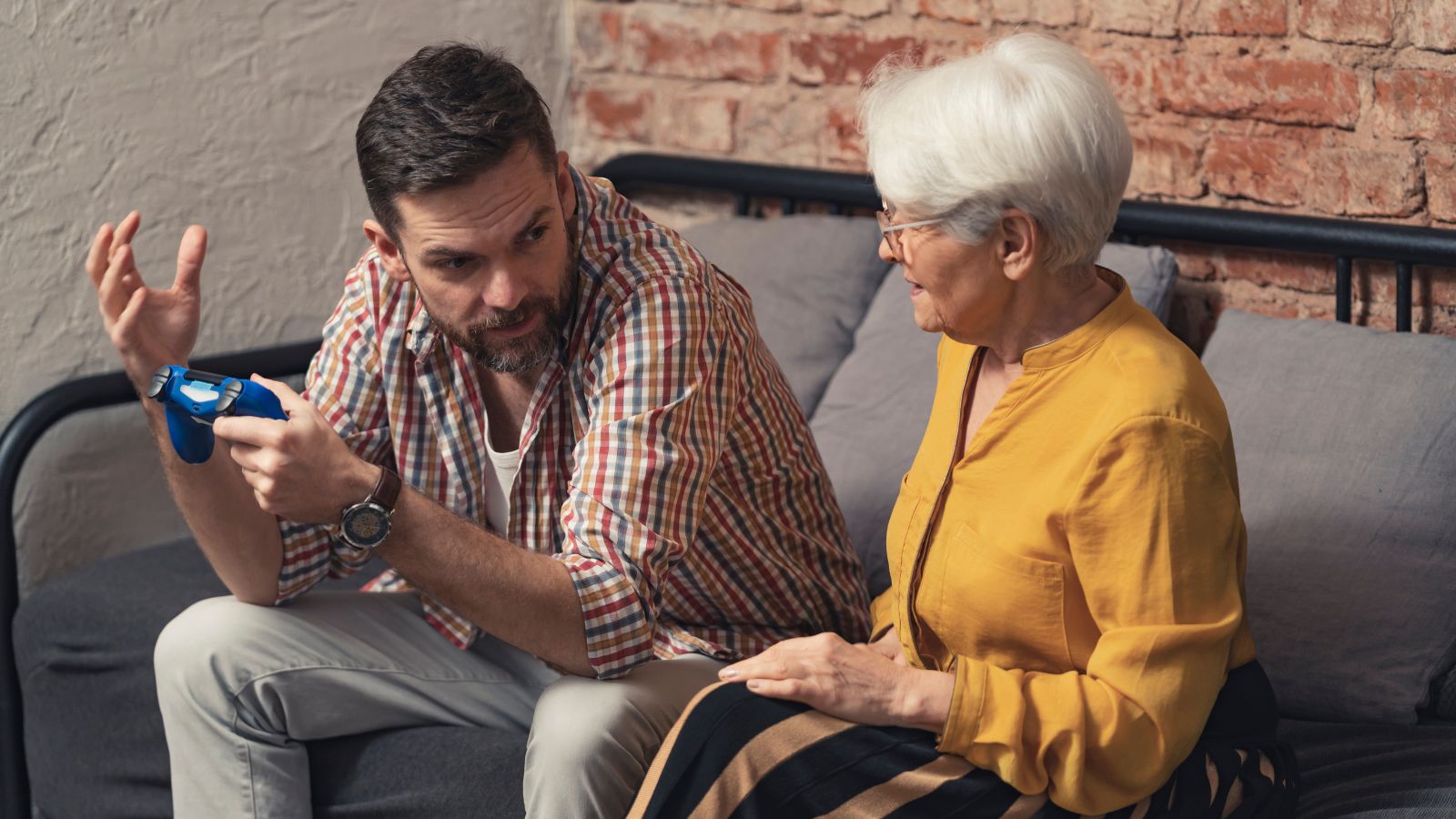While increased self-confidence, acceptance, and wisdom may come with age, there are negative aspects of aging, too—many of which society doesn’t like to discuss. Whether it’s changing attitudes, health problems, or a decline in cognitive abilities, here are 19 brutally honest truths about aging that many of us don’t want to accept.
Energy Levels Dip

Although it doesn’t happen at the same time or rate for everyone, Invigor Medical asserts that energy levels decline with age. Both genetics and environment play a role, causing muscle mass and flexibility to decline, meaning more effort is required to undertake strenuous activity.
Sadly, the boundless vigor of youth just cannot last!
More Health Concerns

Not only do older people have more health problems, but they tend to be more severe and debilitating. From chronic conditions like arthritis and diabetes to declining heart health and osteoporosis, denying such issues will only make them worse. The WHO recommends regular health checks and the strict following of medical advice.
Slower Metabolism

WebMD confirms that the process by which we turn food into energy slows down as we age, albeit slowly. This change means maintaining or losing weight becomes more challenging, as our bodies don’t burn as many calories. The uncomfortable truth is that strict adjustments to diet and exercise regimens are the only way to avoid weight gain.
Wrinkles

Our skin is often the first place we notice aging, with wrinkles, age spots, and reduced elasticity becoming apparent as early as 30. Good skincare, adequate nutrition, and sufficient water may help, but they cannot stop the march of time. Ultimately, age, genetics, sun exposure, lifestyle choices, and environment will have the biggest impact.
Poor Memory

According to HelpGuide, “The hippocampus, a region of the brain involved in the formation and retrieval of memories, often deteriorates with age. Hormones and proteins that protect and repair brain cells and stimulate neural growth also decline.” This causes increased memory lapses, or so-called ‘senior moments,’ as we age.
Hearing and Vision Decline

You may have the ears of a bat and the eyesight of a hawk right now, but if you live long enough, those senses will eventually diminish. Whether it’s needing reading glasses to see small print or having trouble hearing in crowded venues, such changes can be frustrating and embarrassing—but at least you know you’re not alone!
Reduced Mobility

Our muscles and joints are their healthiest and most flexible in childhood, so we often experience reduced mobility as we age. A study at the University of Western Ontario states that this decline speeds up in our 50s and continues to fall until we die. Luckily, regular exercise, strength exercises, and a healthy diet can somewhat slow the process.
Fewer Friends

As we age, it’s common for social circles to shrink for several reasons—retirement, differences in health/mobility, and personal losses. Older people also tend to favor fewer, closer friends over a vast and more exhausting social network. It’s nothing to be ashamed of, but it highlights the importance of nurturing the bonds we still have after we stop working.
Retirement Isn’t Always Relaxing

The idea of retirement is one of contentment, relaxation, and blissful freedom—but what if leaving work doesn’t bring you the joy and peace you expected? CNBC reports that the reality can be quite different—adjusting to a lower budget, taking care of grandchildren more, and finding ways to fill your time can all lead to anxiety, stress, and unhappiness.
Sleep Problems

Many older adults find their sleep patterns change, and many experience difficulties falling or staying asleep. Insomnia, short sleep phases, and light sleeping can impact overall energy levels and exacerbate mental health problems. It is crucial to maintain good sleep hygiene and consult a doctor if sleep issues become problematic.
Technological Struggles

Unless you’re an IT technician or a software engineer, chances are that modern technology will eventually outpace your understanding, making using and understanding tech more frustrating and challenging. TYE Medical says this is natural but can lead to feelings of inadequacy and isolation, so don’t be afraid to ask younger family members or friends for help!
Personal Loss

The sad fact is, as we age, most of us will attend more funerals but fewer weddings and christenings. While it isn’t a popular topic of discussion, personal grief impacts almost everyone above a certain age and can also be frightening as seniors are constantly reminded of their own advancing age and mortality.
Financial Troubles

The National Council on Aging writes, “20% of older households (approximately 11 million) have no assets to draw upon to withstand a financial shock.” Not every retiree achieves financial security, and ‘money troubles’ can be exacerbated by extra costs like healthcare, care homes, medical equipment, and unforeseen circumstances, even for those with strict and well-planned budgets.
Reduced Independence

Even the most self-reliant among us will need to depend on others and ask for help more and more as we age. This reduction in independence can be difficult for especially proud people but is often necessary due to reduced mobility or dexterity, or disabling health conditions.
Difficulty Learning

As we age, so do our brains—we no longer have a child’s enviable and sponge-like capacity to absorb new skills and information. The extra time and effort involved can be tiring and frustrating, so it’s essential to be patient with yourself and others. Luckily, the more you try, the more of a ‘mental workout’ you give your brain—helping it retain its capability.
No Career Opportunities

For adults in the workforce approaching retirement, career opportunities can dwindle due to ageism and the idea that they’ll be ‘leaving soon anyway.’ Staying relevant and continuing to accomplish your goals can become challenging; on the positive side, mentoring and consultancy roles (where experience is valued) can become more available.
Shifting Parenting Roles

Dallas News reports that, as we age, our roles as parents can change—firstly, as our children become adults themselves, and then as they become our caregivers. The decline from being in a position of authority and respect to being a bystander (or even a dependent) can be brutal to navigate and accept.
Aimlessness

Retirement and empty nests can lead seniors to question their purpose and relevance in a world that seems to be leaving them behind. The roles that once defined them—parent, career person, etc.—change or disappear, leaving a void that’s hard to fill. Finding new hobbies, volunteering, or learning new skills can be great ways to combat this.
Adaptability is Essential

Even though we become less adaptable and more resistant to change as we age, the aging process cruelly requires a great deal of adaptation and acceptance. Physical, mental, and social changes impact seniors greatly, and perhaps one of the harshest truths about aging is the realization that adaptability is not just valuable but essential.
